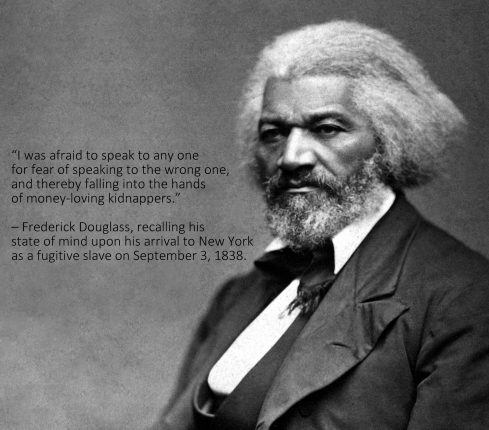Over at Free Keene, Ian Freeman reports the sad news that activist Rich Paul, the creator of the historic 420 celebrations in downtown Keene, New Hampshire, was found guilty on April 18 for selling cannabis:

Even though Rich Paul knew that what he was doing was illegal according to the criminal enterprise known as the State of New Hampshire, a lot of people were still sad to see him caged since the acts he performed were peaceful in nature.
Some people seemed to forget their consciences, however, and had no sympathies for Rich Paul simply because he did something the government said not to do. Thomas Clement was one such heartless person:
 Clement is not the only person who stops opposing aggression when government commits the aggression. I’ve encountered countless others who make this exception for government as well.
Clement is not the only person who stops opposing aggression when government commits the aggression. I’ve encountered countless others who make this exception for government as well.
I sometimes wonder how personal slavery, a very serious form of aggression, existed for so long. Weren’t people repulsed by it? How did they stand by and let it exist? One hypothesis is that many people were obedient to government. Since government supported slavery many people may have consequently gone along with supporting slavery as well.
I wonder what Thomas Clement would think of Frederick Douglass‘ story if he read his autobiography Narrative of the Life of Frederick Douglass, An American Slave. Would he agree with most people of our time and say that it was unjust for people to enslave him? Would he agree that the government’s fugitive slave laws were unjust? Would he have sympathy for Frederick Douglass?
If so, would he retract his comment pictured above that knowingly breaking a law is reason enough to not have sympathy for a lawbreaker?
It’s hard to imagine that many people in today’s world would not have sympathy for Frederick Douglass and his peers who were beaten or killed for breaking unjust laws. I bet that Thomas Clement would feel sympathy for them and I bet that once he realized this he would be more inclined to be sympathetic to other heroic people who bravely break unjust laws for the sake of their own freedoms and everyone else’s freedoms.
People like Frederick Douglass and Rich Paul make the world a better place. It’s sad to see them harmed, especially when so many people support the aggression against them.

Activists standing outside the Cheshire County Courthouse in Keene, NH a few days before Rich Paul’s trial.
Consider moving to New Hampshire for the Free State Project to help achieve Liberty in Our Lifetime.


 Those are the words of Frederick Douglass recalling his state of mind upon his arrival to New York as a fugitive slave on Monday, September 3, 1838.
Those are the words of Frederick Douglass recalling his state of mind upon his arrival to New York as a fugitive slave on Monday, September 3, 1838.